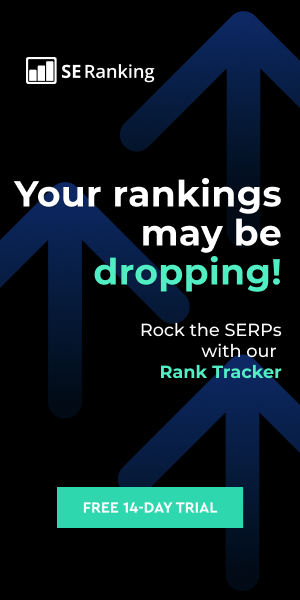Local businesses used to rely on word of mouth and legacy media (newspaper and local news ads) to build customers, but it’s a much different landscape now. Search Engines have changed the game in that sense, and the vast majority of people now rely on Google to suggest options when there is something they need.
If you’re a small / local business finding it difficult to get the rankings you need, then these 7 tips might just help you stand out where it really matters.
1. Optimise Your Website

There are various strategies you can employ to optimise your website for local SEO – adding product and service keywords to your copy, setting up Google My Business, and making use of social media channels to market and promote your business.
Optimising your website for local search can help attract traffic that’s more likely to convert into customers, due to local SEO being tailored specifically towards the needs of your target audience. In addition, local SEO enables smaller local brands to compete more effectively against larger national ones by targeting specific keywords through local SEO that help your rank higher in the search results.
Try to remove any broken links and dead pages which may be affecting your search results – there are even audit services which can help you with this.
2. Optimise Your Google My Business Listing

Google uses various factors to provide search results, so optimising your GMB listing can help increase local SEO rankings. Having an accurate business profile may also draw in customers who may never have visited your website before.
Make sure that the NAP (Name, Address and Phone Number) for your company remains consistent across platforms and helps build credibility with potential customers. This will establish credibility and trustworthiness.
Remember to add keywords to your GMB profile and business description, and whenever posting Local Google Posts to your target audience!
3. Optimise Your Social Media Profiles

Social media is an effective way to interact with potential customers and market your products or services. Encourage customers to leave reviews on your Facebook and Google My Business listings, then respond promptly; this shows your care about customer feedback while simultaneously increasing local search visibility.
Making your copy consistent across all platforms will improve your online presence. If you’re struggling, there are services which can help you with this.
Utilising specific location keywords in your profile bio, description and posts can greatly assist with local SEO rankings if your business offers products and services tailored specifically to a certain location. This tactic can prove even more worthwhile if your products and services target specific areas.
4. Optimise Your Business Listings on Local Directories

One of the key steps you can take to improve local SEO is optimising your business listings on local directories. This involves making sure that your name, address, phone number (NAP) is consistent across directories as well as maintaining accurate information in each listing.
It’s key to target longtail keywords (longer and more specific keyword phrases) relevant to your location and target audience. Doing this can help you compete more successfully against larger competitors by catering more directly to what your audience is searching for – while simultaneously ranking higher on Google search results pages.
5. Optimise Your Local Listings on Google Maps

Google Maps takes into account several ranking factors which differ from those it uses for regular search results when considering local service searches, giving your business an edge over competitors who focus on broad keywords without considering local SEO.
Make sure that your business information is consistent across all platforms. Consumer directories and social media reviews can help increase local rankings; encourage happy customers to write reviews with signage or emails asking them to submit reviews as an additional boost for local rankings.
6. Optimise Your Local Listings on Yelp

If your local listings on Yelp are not optimised properly, then you are missing out on an invaluable customer base. Check your Yelp listings regularly for errors, mismatched information, or duplicate listings to ensure a positive customer experience.
Schema markup can help Google more accurately comprehend the information in your business profile, making SEO rankings stronger in local searches. Hall Analysis offers an effective tool that makes this easier – adding schema markup will also require constant monitoring, including correcting incorrect listings or monitoring for new errors that may pop up.
7. Optimise Your Posts on Facebook

SEO specialists agree that creating content targeted towards local keyword searches is one of the best strategies to optimise your business for local search. Replicating this strategy across multiple platforms means even better results, so linking back to your website in your Facebook posts and using the same keyword phrases will lead to better SERP results.
Conclusion
Ensuring consistency across platforms is the key to a strong online presence, and utilising all of the platforms you can will only further this strategy.
Try to link back to your website wherever you can and employ the same keyword phrases across all platforms to strengthen your online profile and get the search engine rankings you’ve been craving!










